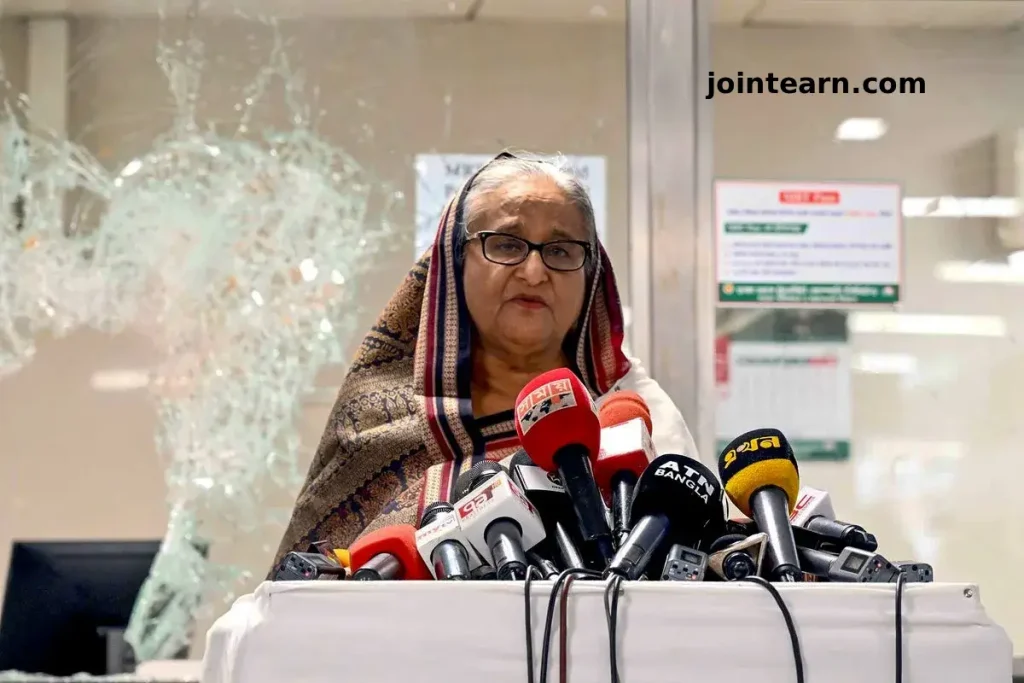
Dhaka, Bangladesh – November 13, 2025 – Bangladesh’s special tribunal has scheduled its ruling in the case against ousted Prime Minister Sheikh Hasina and two top aides for November 17, 2025. Hasina, who ruled the country for 15 years, faces crimes against humanity charges for her alleged role in a deadly police crackdown on student-led protests last year. The United Nations estimates that up to 1,400 people were killed during the unrest between July and August 2024.
Co-Defendants and Trial Details
Two senior officials are also on trial: former Home Minister Asaduzzaman Khan Kamal and former Inspector General of Police Chowdhury Abdullah Al-Mamun. Al-Mamun pleaded guilty and is serving as a state witness.
After protesters stormed her residence in August 2024, Hasina fled by helicopter to India and has remained out of public view since. Chief Prosecutor Tajul Islam has demanded the death penalty for Hasina, describing her as the “mastermind and principal architect” of the crackdown.
Nationwide Lockdowns and Protests
In response to Hasina’s call for protest, major cities including Dhaka switched to online classes, and public transportation was heavily disrupted. Security forces were deployed across the country to prevent violence.
Recent days have seen escalating unrest:
- Firebomb attack at a government office in Gopalganj, Hasina’s stronghold.
- Arson at a Grameen Bank office in eastern Bangladesh, founded by interim leader Muhammad Yunus.
- Crude bombings and arson on a train and bus in Dhaka, as well as incidents on the Dhaka University campus.
Upcoming Referendum and Political Reforms
Interim leader Muhammad Yunus announced that a referendum on a national charter will coincide with the parliamentary elections in February 2026. The charter, adopted last month, aims to:
- Establish a two-tier parliament.
- Give constitutional recognition to the 2024 uprising.
- Increase women’s representation and strengthen presidential powers.
- Limit the prime minister’s term and expand fundamental rights.
- Ensure judicial independence.
Most political parties signed the charter, though the National Citizens Party and four leftist groups boycotted it. Yunus emphasized that holding the referendum alongside the election would make the process “festive and cost-efficient” while advancing national reforms.


Leave a Reply